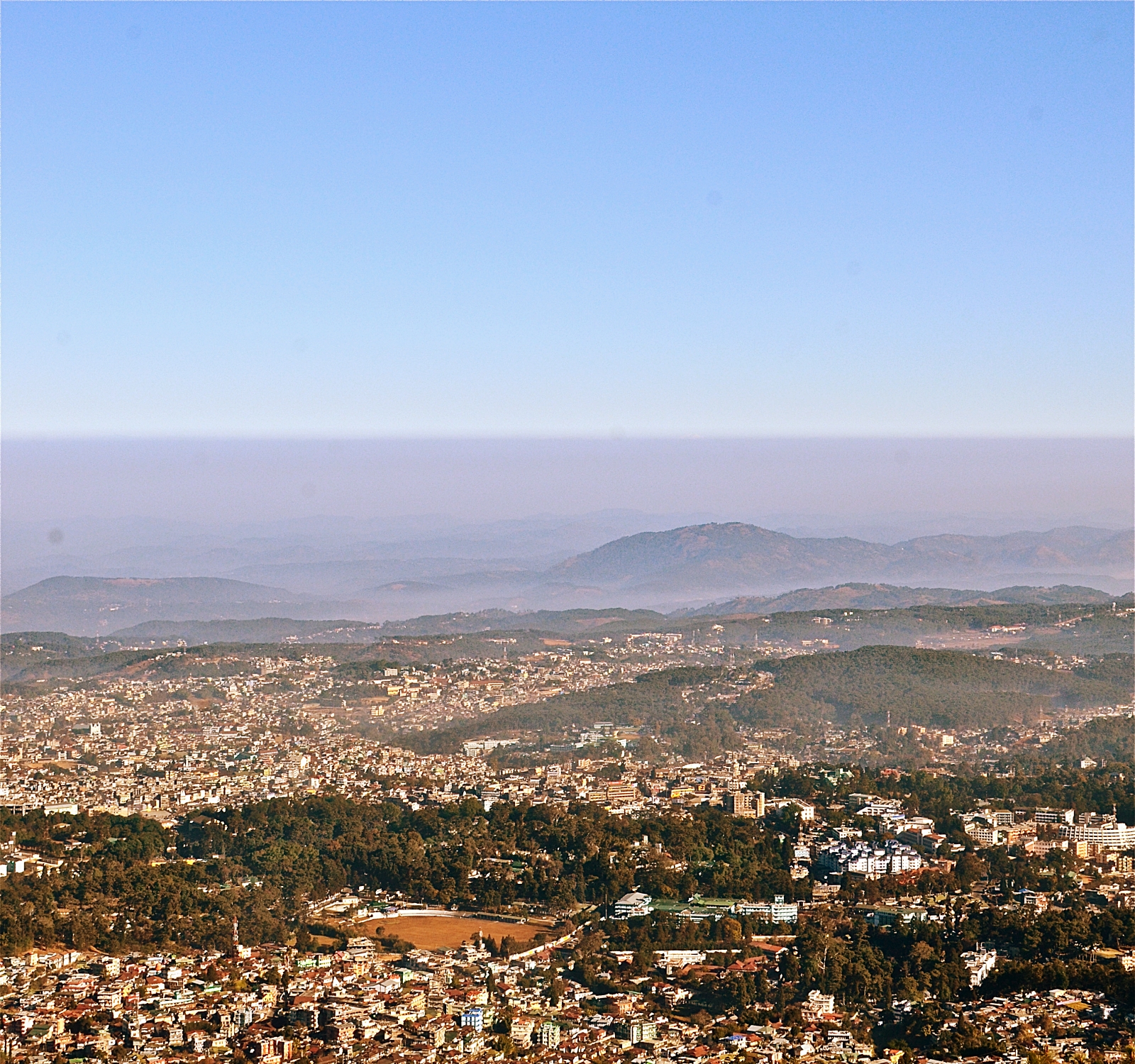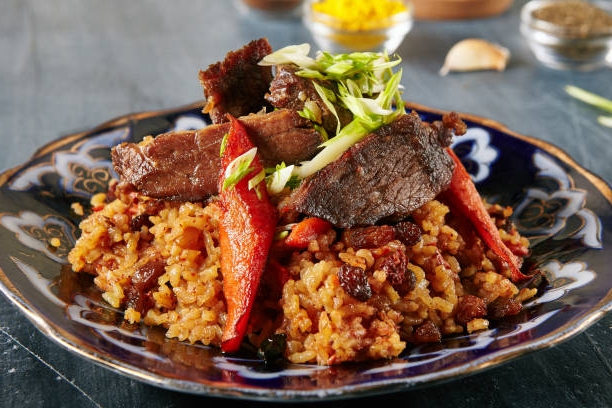Original Story of Kishkiyya, the Medieval Hangover Stew
Kishkiyya is a dish from the medieval era that’s made with lamb, chickpeas and eggs. It’s considered a hangover cure, but it can also be enjoyed as a meal in itself. The name comes from the Arabic word for “cheese” or “skimmed milk.” It’s believed that kishkiyya originated in ancient Mesopotamia or Syria. Because it’s made with eggplant, it’s often thought to be an Arab dish. But there are similar dishes from other cultures that use similar ingredients Kishkiyya is a historical stew from the medieval era. It’s made of lamb, chickpeas and eggs, which are all boiled together in water or stock until they form a thick paste.

The dish was first mentioned in Arabic texts dating back to 10th century AD but it wasn’t until 850 AD that it was brought to Europe by Arab alchemists who were looking for new ways to cure hangovers. It’s made of lamb, chickpeas and eggs. Kishkiyya is a medieval hangover stew made with lamb, chickpeas and eggs. It’s not like other stews you might have tried in your life—in fact, it’s barely even close to being a stew at all. Kishkiyya is one of the most common dishes eaten throughout Armenia, Georgia and Azerbaijan during winter months; it’s also popular among people who live along the Caspian Sea as well as those who live in Georgia (where they call their version kuqamis).
Table of Contents
A Hangover Cure
Kishkiyya is considered a hangover cure, but it can also be enjoyed as a meal in itself. Kishkiyya is a traditional Arab dish. It’s made with lamb, chickpeas and eggs and is believed to be a hangover cure. The dish can be enjoyed as a meal in itself or served with grilled meat, kebabs or fish filets like in this recipe. The name comes from the Arabic word for “cheese” or “skimmed milk.” Kishkiyya is a recipe that has been around for hundreds of years, and its origins are uncertain. It’s believed to have originated in North Africa or the Middle East, then spread throughout Europe during the Middle Ages.
The name comes from the Arabic word for “cheese” or “skimmed milk.” In some cultures around the world, kishkiyya is also translated as “eggplant stew” or “eggplant soup.” It’s believed that kishkiyya originated in ancient Mesopotamia or Syria. Kishkiyya is a dish that originates in ancient Mesopotamia or Syria, and is made with lamb, chickpeas and eggs. It’s believed that this dish originated during the 11th century. It was brought to Spain by immigrants from North Africa who settled there after being forced to leave their hometowns due to wars or famine.
Because it’s made with eggplant, it’s often thought to be an Arab dish. But there are similar dishes from other cultures that use similar ingredients. Eggplant is a staple in Middle Eastern cuisine, and the same can be said for Indian and Chinese cooking. The vegetable’s origins are unclear, but it’s thought that eggplant was introduced to the Middle East by the Persians. In addition to its use as an ingredient in stews, eggplants can also be fried or roasted before being used as part of other dishes (such as tabbouleh).
This versatility makes them ideal for vegans who don’t like meat substitutes like tofu or seitan because they’re relatively easy on their digestive systems—all you have to do is replace one thing with another! Kishkiyya is one of the oldest known stews in Middle Eastern cuisine, dating back hundreds of years. It was once considered a hangover cure as well as an appetizer or main dish. Kishkiyya is made with lamb, chickpeas and eggs and served on toast or flatbreads. The dish can also be enjoyed as a meal in itself!
We hope you’ve enjoyed learning about Kishkiyya and its history. The dish is a delicious one, and it’s also interesting because of its long history. It’s believed that kishkiyya originated in ancient Mesopotamia or Syria, but there are similar dishes from other cultures that use similar ingredients. Because it’s made with eggplant, it’s often thought to be an Arab dish; however, there are other stews around the world that use this vegetable as well!



